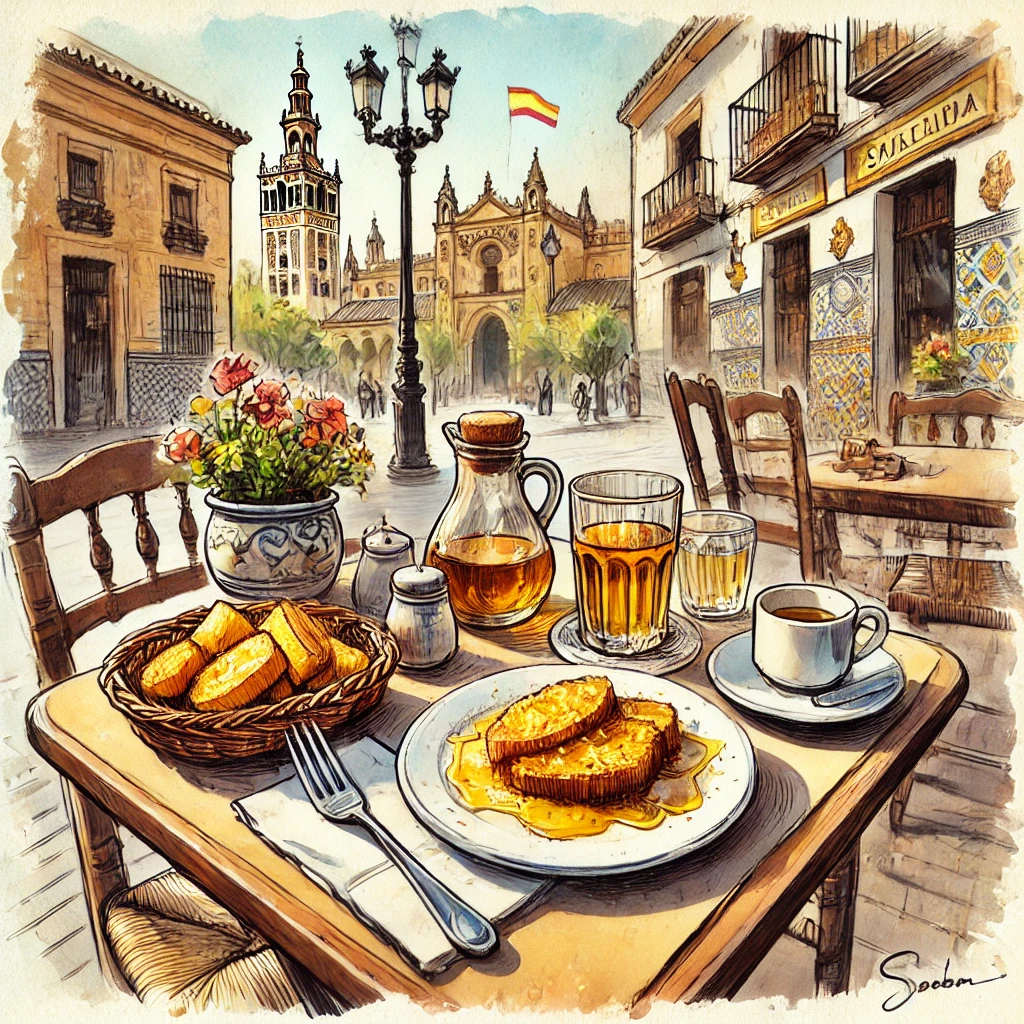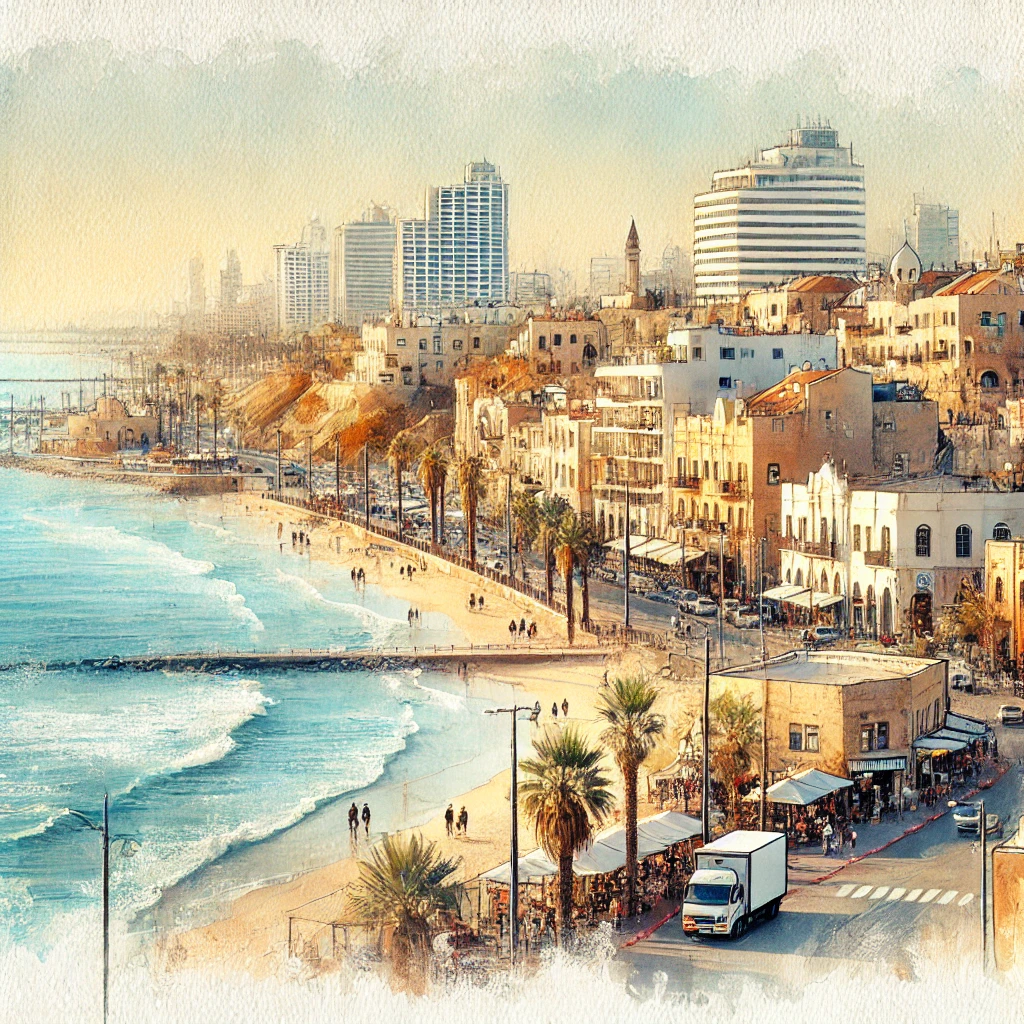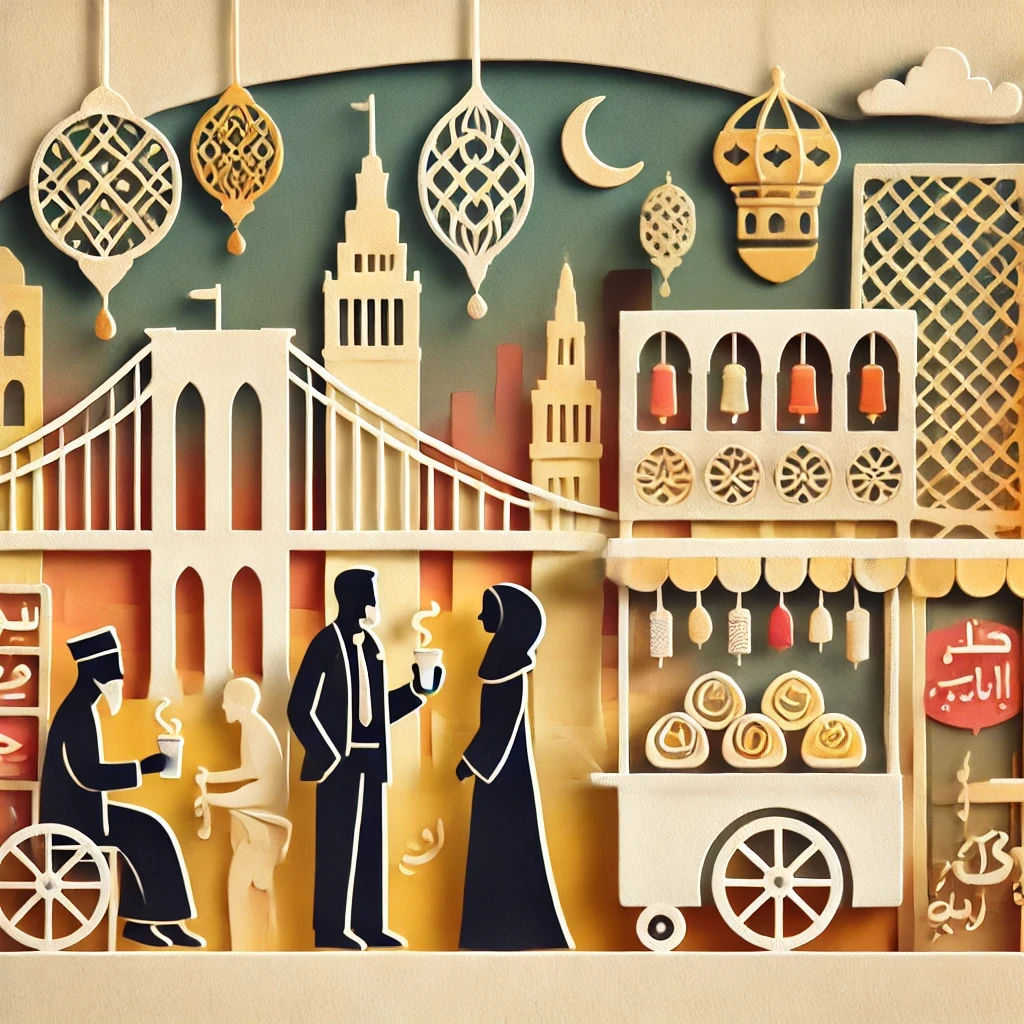The Ruined Garden, one of the best restaurants in Fès, Morocco
A magical, secret spot with great Moroccan food, friendly servers, quirky décor and kitty companions.
In Fès, it can be said that beauty lies concealed behind the modesty of its windowless exteriors. The Ruined Garden, a restaurant tucked in the heart of the medina, is such a place.
The Ruined Garden features adorably mismatched tables and chairs and is overrun by flowers and other plants
Located within the centuries-old roofless shell of a former merchant’s house, its interior has been converted into a charming, magical place — a bric-à-brac of mismatched chairs and colorful wax print fabric tablecloths where a fairy tale could be set.
Wally got the rfissa, a noodle dish that one of the servers told us is traditionally served to pregnant women
“Located within the roofless shell of a former merchant’s house, its interior has been converted into a charming, magical place — where a fairy tale could be set.”
The restaurant was created by chef and gardener Robert Johnstone, a veteran of both the Wolseley and one of London’s most celebrated restaurants, the Ivy. Be sure to check out the Ruined Garden blog, which features images of the café, recipes and general goings-on at the property.
Serving some of the best food in Fès, made from local ingredients, we ate there twice on our four-day visit. The al fresco restaurant has a low-key vibe and features artfully prepared riffs on Moroccan classics such as lamb pastilla served with a tomato and orange salad.
Duke opted for the lamb pastilla, a common Moroccan dish
Be sure to save room for dessert and then check out the corridor to the back of the restaurant, where handcrafted lemon wood spoons, saffron and hammered copper tajines are for sale.
The restaurant is connected to Riad Idrissy, a former merchant’s house that has been lovingly restored and converted into a palatial guest house. –Duke
Secret Garden
Wally caught up with Robert via email and he kindly answered a few questions regarding the Ruined Garden, how the space was acquired, why it was left as a deconstructed space and what has become of the very pregnant black cat who lounged on the bench next to us when we last dined there.
How did you acquire the space and what did it look like at the time?
John Twomey and I own the business together. John bought the house and the ruin adjoining it in 2006. Restoration took four years.
I then came out to furnish the hotel and to turn the ruined house next door into a garden and then into the restaurant you have visited.
The crumbling shell that frames the open-air restaurant. Note the cat climbing the wall in the distance
How did you decide to keep the ruined aspect and not rebuild the courtyard?
The house was unrestored but sound. However, the ruin next door had actually been a rubbish dump. It took five donkeys five months to clear the site and reveal the original mosaic floors.
I wanted to keep the ruined nature alive as a contrast to the precise decoration in the riad as well as to give visitors a “soft focus” space to be able to relax and think about what they have been seeing in the medina — as you have seen, it is intense and very urban.
We started with a soup course: harira for Duke and bessara, a fava bean soup with a Moroccan star in oil, for Wally
How would you describe the restaurant’s cuisine?
The food is essentially Moroccan — some traditional dishes and been reimagined, though we steer away from the French influences that have crept in.
We grow some of the herbs and flavorings in the garden and buy all of the vegetables and fruits from the medina souks.
What else do you offer at the restaurant?
We run a bread-making course, by arrangement in the garden (550 dirham per person), where you can learn to cook five local breads with Najia and go to the community bread oven.
Tell us about the riad.
The hotel, Riad Idrissy, has five rooms. Guests have access to the Evita Balcony, overlooking the garden and the roof terrace.
What’s the décor of the riad like?
The style of the riad I would describe as casual luxury, with handmade bedspreads and bespoke furniture. There are rain showers and heated towel rails in the bathroom.
All ornaments and furniture has either been made or bought in Morocco.
Where do you find such charming servers?
The charming servers found us really, and some have been here since we began. The riad is served by the same guys you met in the garden.
Madrigal lounges in the courtyard by a table. She has since given birth to a litter of kittens
When we were there, we dined with a pregnant black cat that Duke named Madrigal, after the mother figure in Tales of the City. Did she have her kittens?
The black cat has had her kittens. She usually has them across the road. She is an occasional opportunist visitor rather than a pet — though she is rather chatty and does love a sardine.
CAT FIGHT: Who’s cuter: the Cats of Fès or the Cats of Marrakech?






























